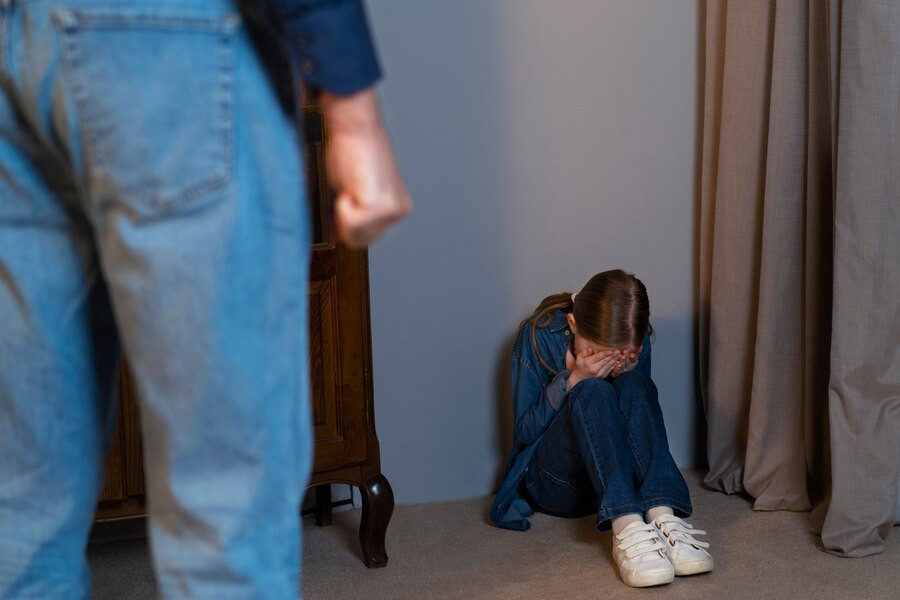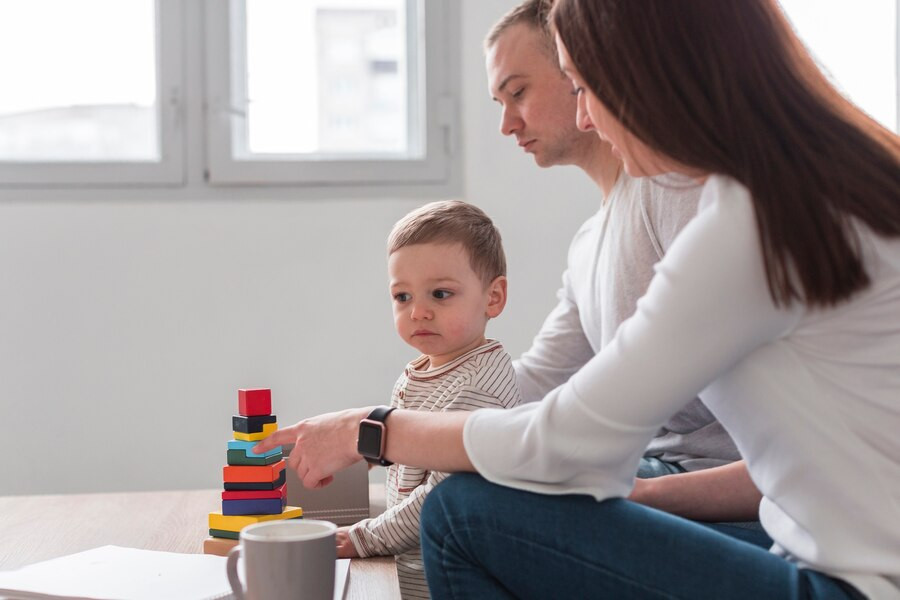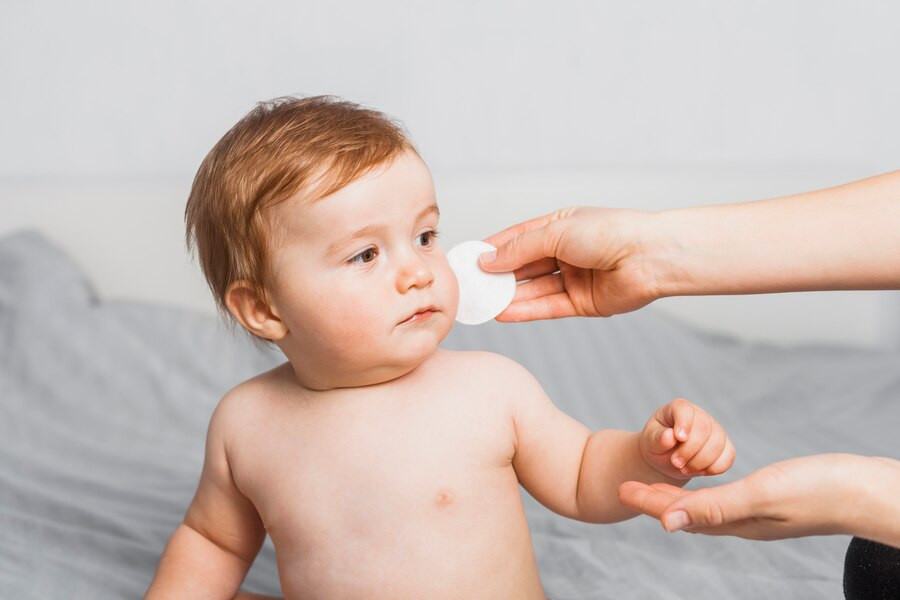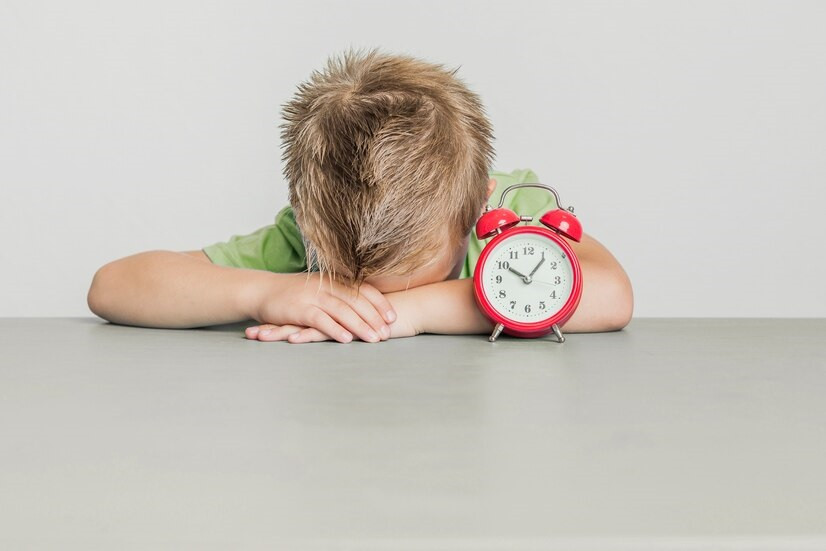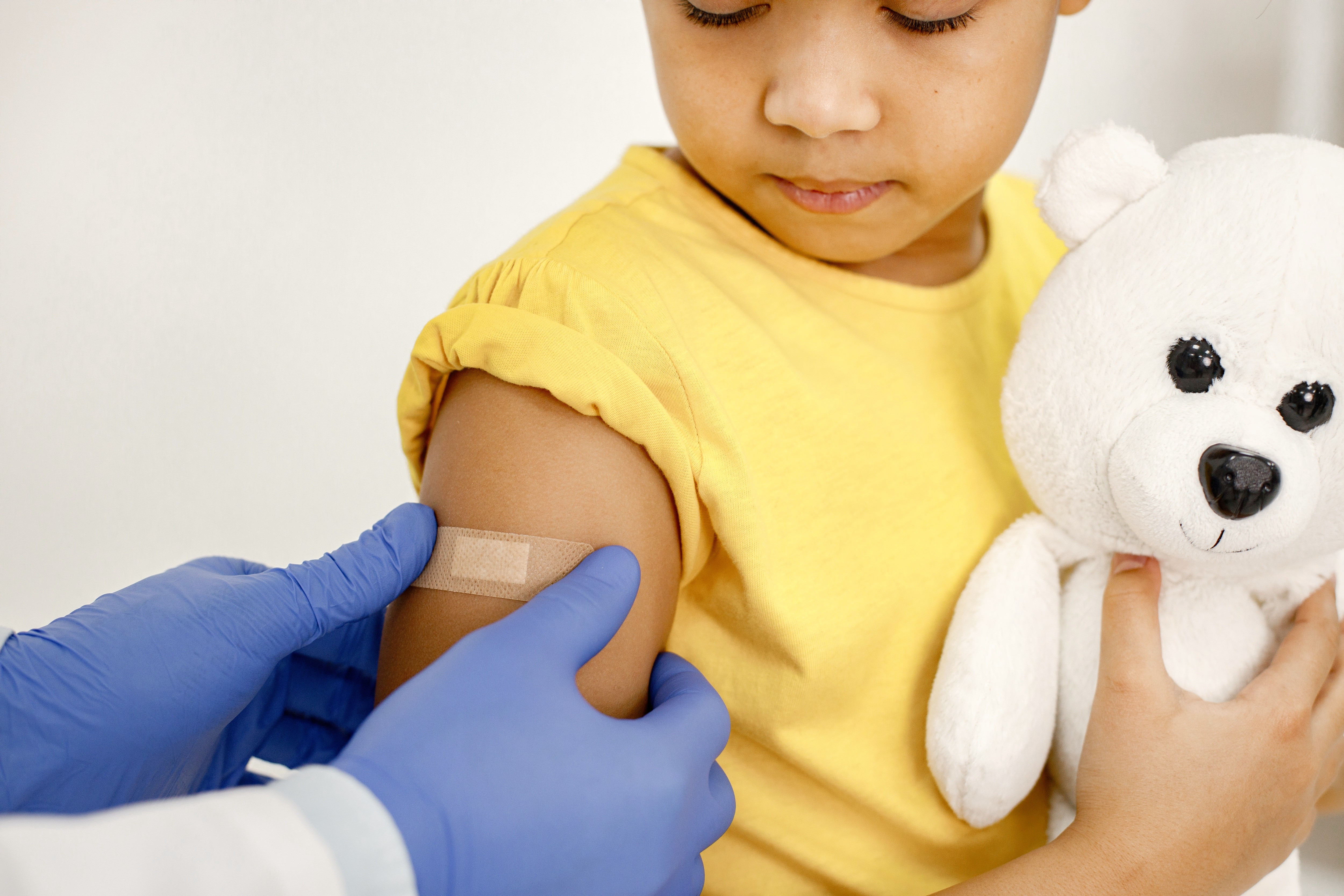It is crucial to recognize that children are innately gentle and delicate beings, making them more susceptible to the harsh realities of violence. Shockingly, this violence can occur in any setting, including their very own homes which should be a sanctuary of safety and security for them.
Physical violence is a pervasive form of harm inflicted on children worldwide. It involves repeated acts of hitting, biting, or kicking that cause pain.
The impact of physical violence on children
Physical violence against children not only affects their bodies but also has long-term impacts on the child's well-being and development.
Physical impact
After receiving a punch, kick, or bite, children may experience minor injuries such as bruises, abrasions, or scratches or severe injuries such as deep cuts, burns, broken bones, or require serious medical treatment.
As a result of blows or physical trauma, children may also experience internal bleeding or traumatic brain injuries which can affect the child's development.
Mental health impacts
Violence against children can also impact their mental health, and cause several mental health problems, including:
Post-traumatic stress disorder (PTSD) is characterized by symptoms such as flashbacks, avoiding the room where they experienced violence, being easily frightened or anxious, not remembering things that have been experienced, being easily sad, angry, or having nightmares.
Read more: Parents Love Hitting Can Have A Negative Impact On Children's Brains
ADHD
Several studies show a link between violence in children and ADHD. Constant exposure to violent situations and trauma can lead to chronic stress which is a risk factor for developing ADHD. Children who experience physical violence also often experience psychological trauma which affects the development of children's executive functions including the ability to concentrate, control impulses, and regulate behavior.
Anxiety disorders in children
Children who are victims of physical violence often experience chronic and excessive anxiety. They may constantly feel anxious or worried about small things and experience physical tension such as increased heart rate, flatulence, tremors, excessive sweating, and shortness of breath.
Mood disorders
Children who are victims of physical violence are very likely to experience various mood disorders, including bipolar disorder and body dysmorphic disorder. These two disorders can greatly affect daily life, including friendships and school.
Read more: Teaching Children How To Control Anger
Impact on brain development
Children's brains are developing rapidly during childhood. Traumatic experiences such as physical violence can disrupt this process and cause various developmental problems such as language and speech disorders, learning disorders, deterioration in skills, impaired attention and concentration, and impulse control.
Traumatic impact
Trauma in childhood due to physical violence can have an impact on the future when you become an adult. They may experience difficulty in trusting others, even themselves, develop aggressive, violent, and destructive behavior, difficulty communicating thoughts and feelings, be prone to overcoming pain and discomfort with illicit substances, and have suicidal thoughts as a way to end the pain and the suffering felt.
The main priority after a child experiences physical violence is to keep the child safe and get him or her for medical examination and treatment. Children need emotional support to overcome trauma and express feelings so you need to accompany them and not blame them. Children also need other sources of support such as counselors who can help them deal with the impact of trauma and recover from their anxiety.
Need more information about how to deal with a child who has recently experienced physical abuse? If you need medical advice or consultation, you can either visit a doctor or use the consultation features available in the Ai Care application by downloading the Ai Care application from the App Store or Play Store.
Looking for more information about pregnancy, breastfeeding, and the health of women and children? Click here!
- dr. Monica Salim
Medline Plus (2022). Child physical abuse. Available from: https://medlineplus.gov/ency/article/001552.htm
Rohini Radhakrishnan, ENT. What Are the Effects of Child Abuse?. Available from: https://www.medicinenet.com/what_are_the_effects_of_child_abuse/article.htm
CDC (2022). Fast Facts: Preventing Child Abuse & Neglect. Available from: https://www.cdc.gov/violenceprevention/childabuseandneglect/fastfact.html
Nationwide Children's. Physical Abuse. Available from: https://www.nationwidechildrens.org/conditions/physical-abuse-trauma
NSPCC. Types of abuse. Available from: https://www.nspcc.org.uk/what-is-child-abuse/types-of-abuse/
Kids Health (2021). Posttraumatic Stress Disorder (PTSD). Available from: https://kidshealth.org/en/parents/ptsd.html
Keri Wiginton (2022). Adult ADHD and Childhood Trauma: Is There a Link?. Available from: https://www.webmd.com/add-adhd/adult-adhd-childhood-trauma
NHS UK (2023). Anxiety in children. Available from: https://www.nhs.uk/mental-health/children-and-young-adults/advice-for-parents/anxiety-in-children/
Boston Children's Hospital. Bipolar Disorder. Available from: https://www.childrenshospital.org/conditions/bipolar-disorder
Caitlin Geng (2023). What ways can childhood trauma affect people?. Available from: https://www.medicalnewstoday.com/articles/effects-of-childhood-trauma

